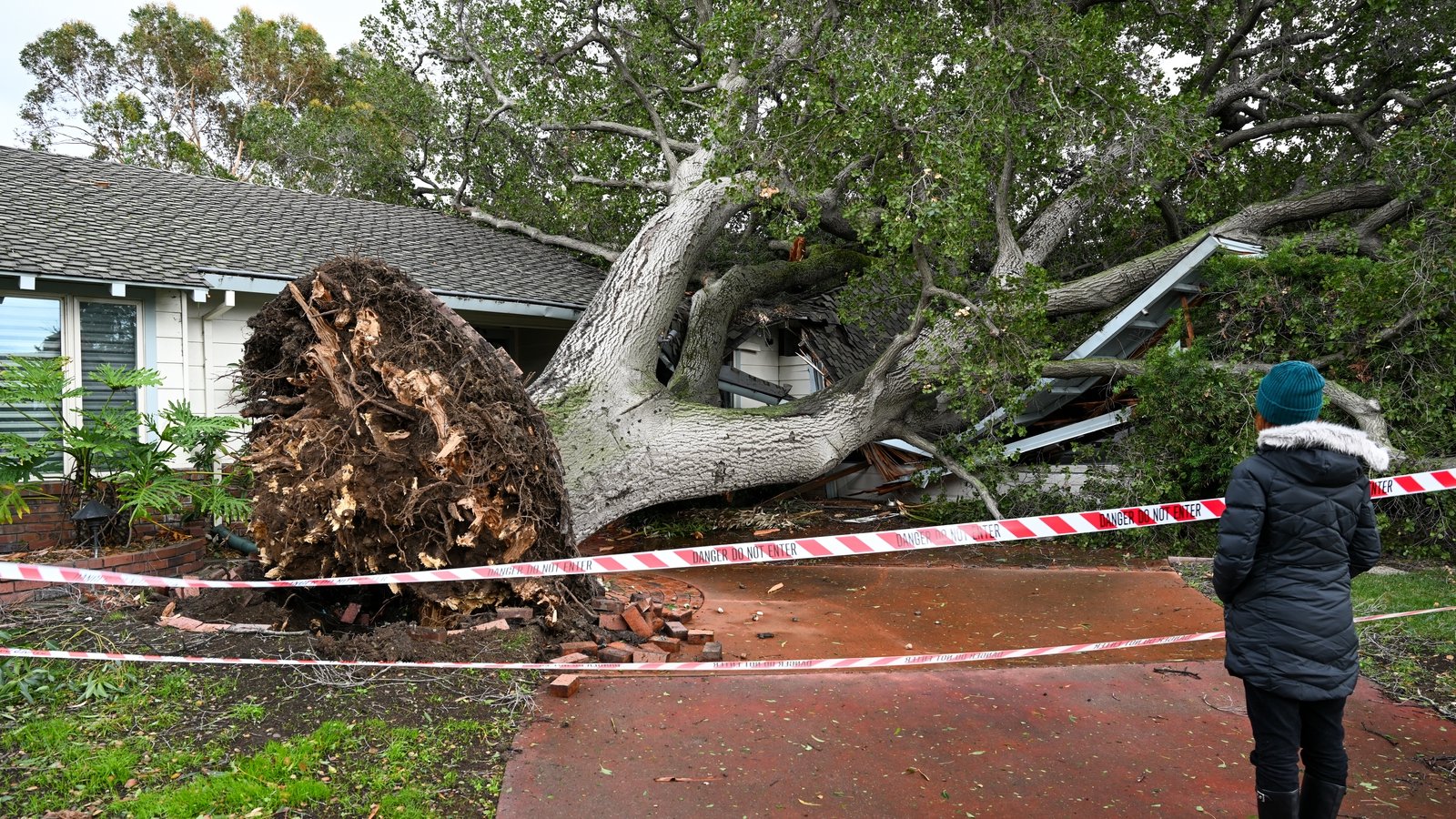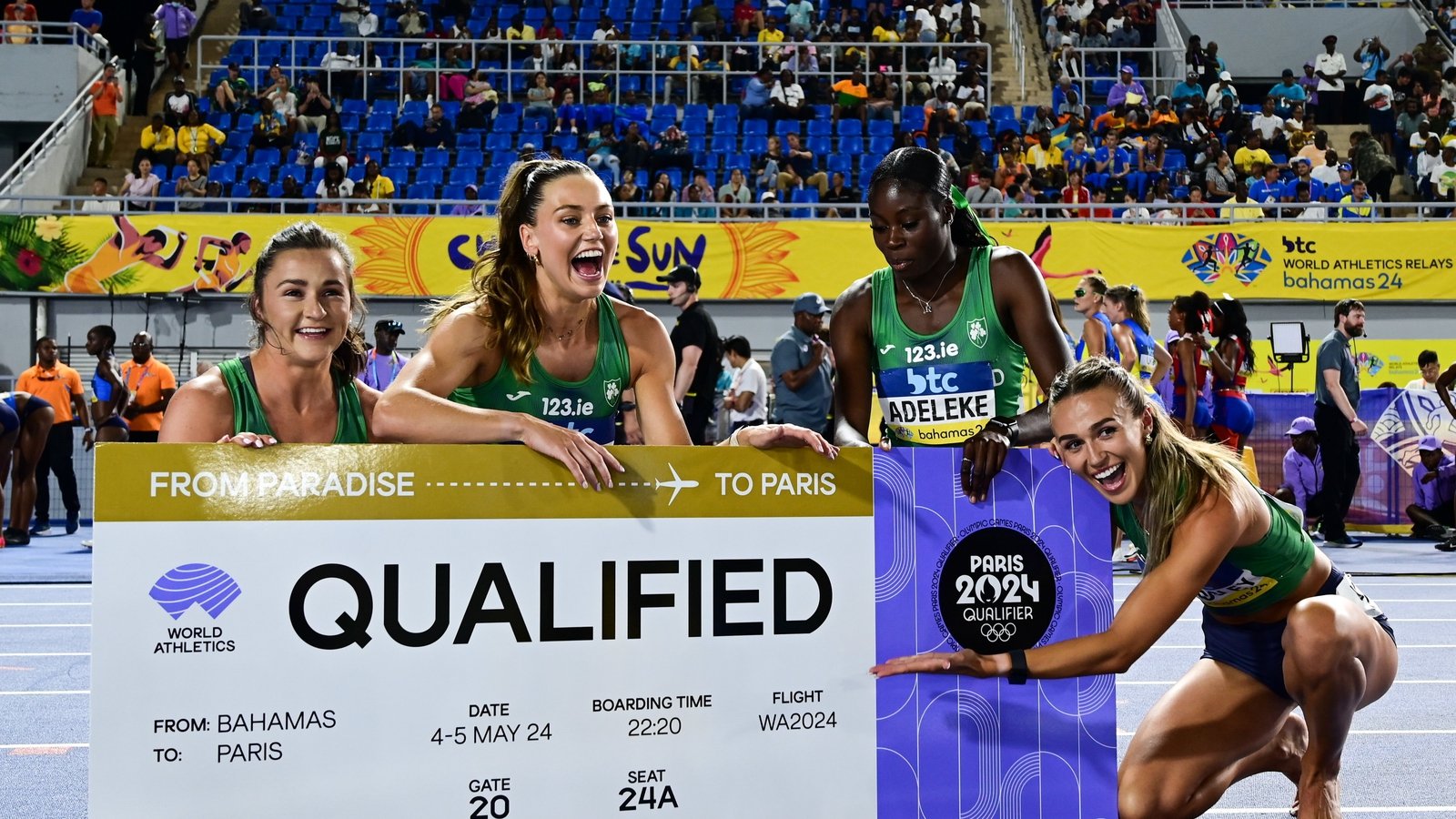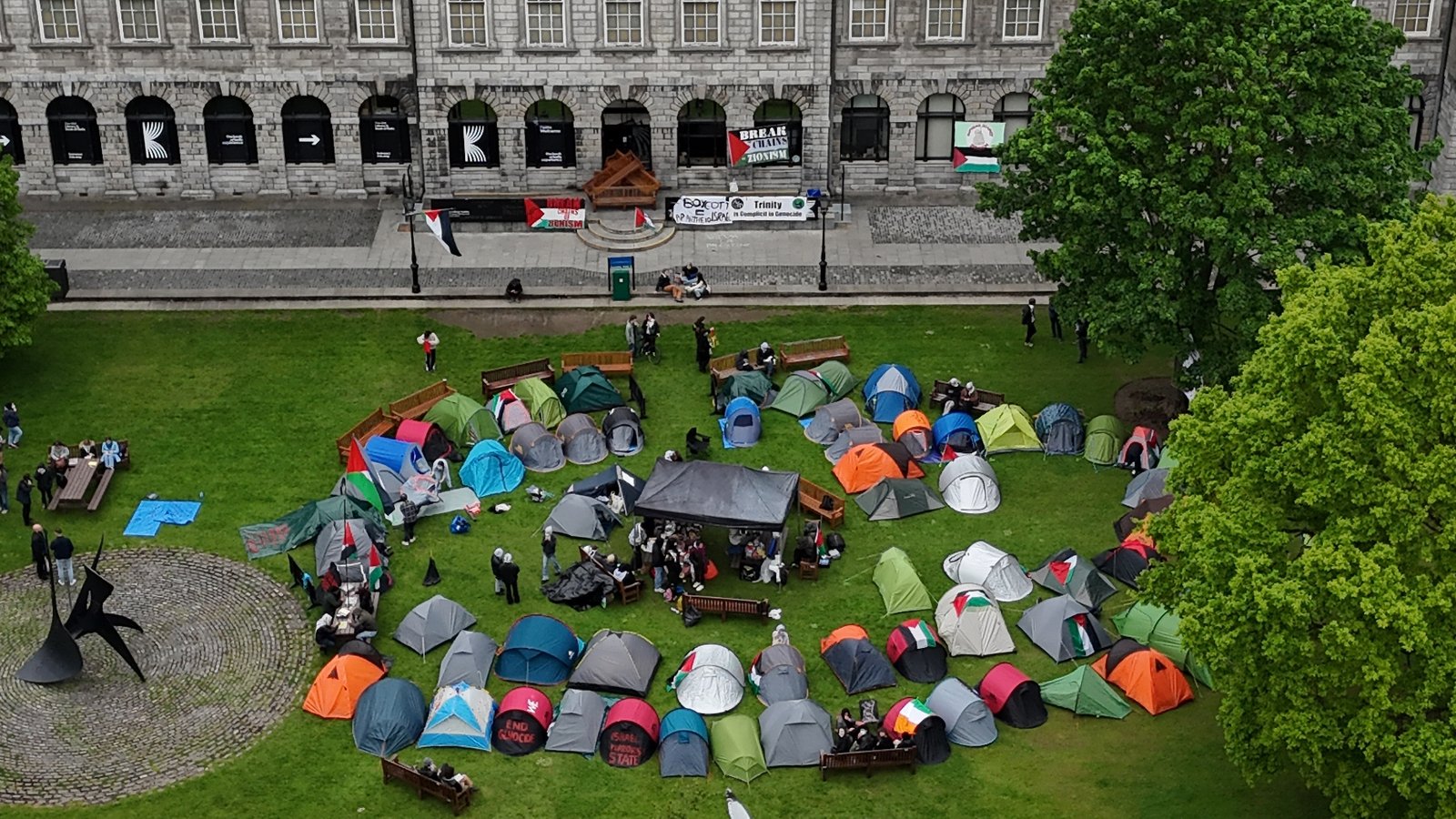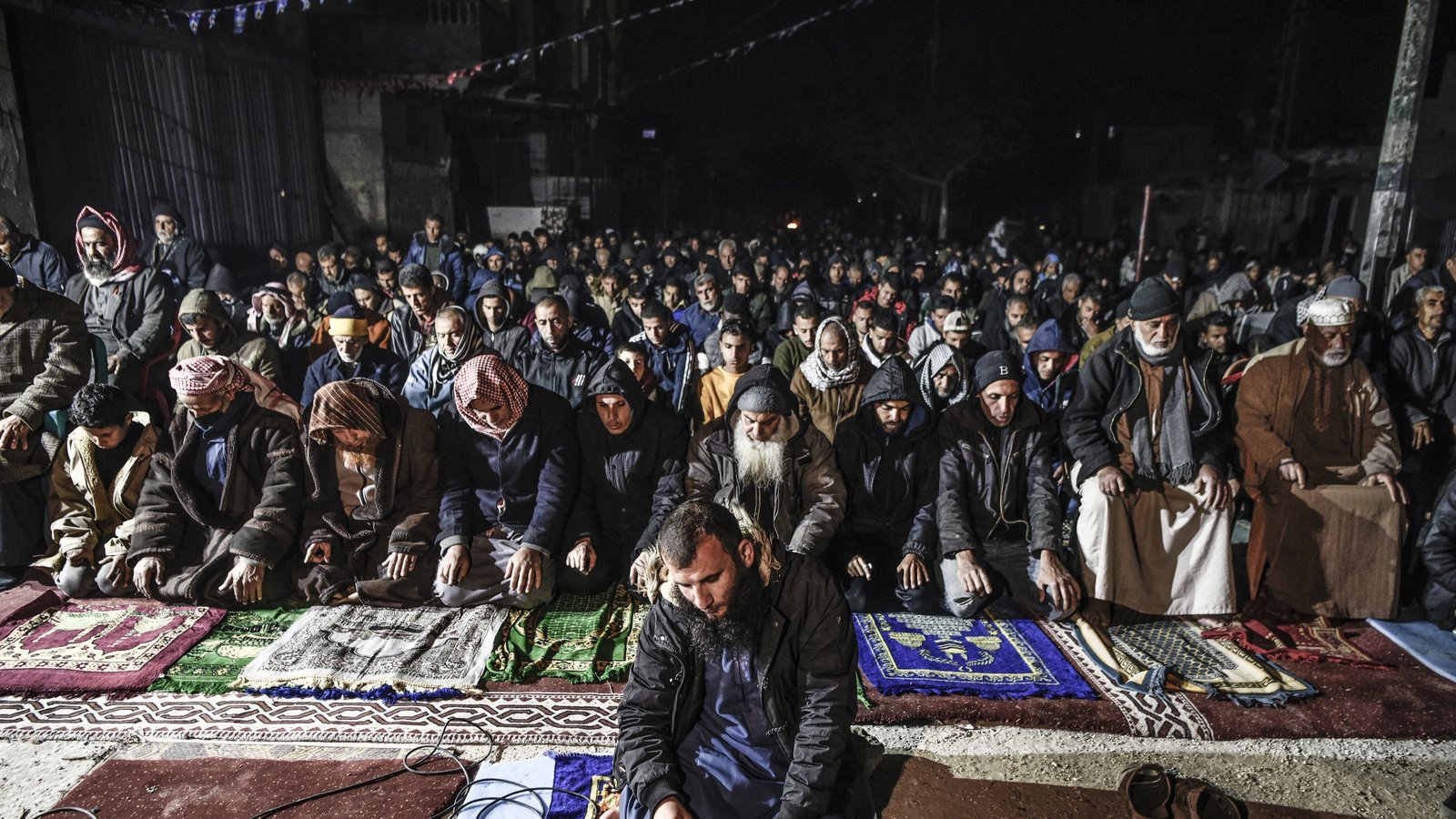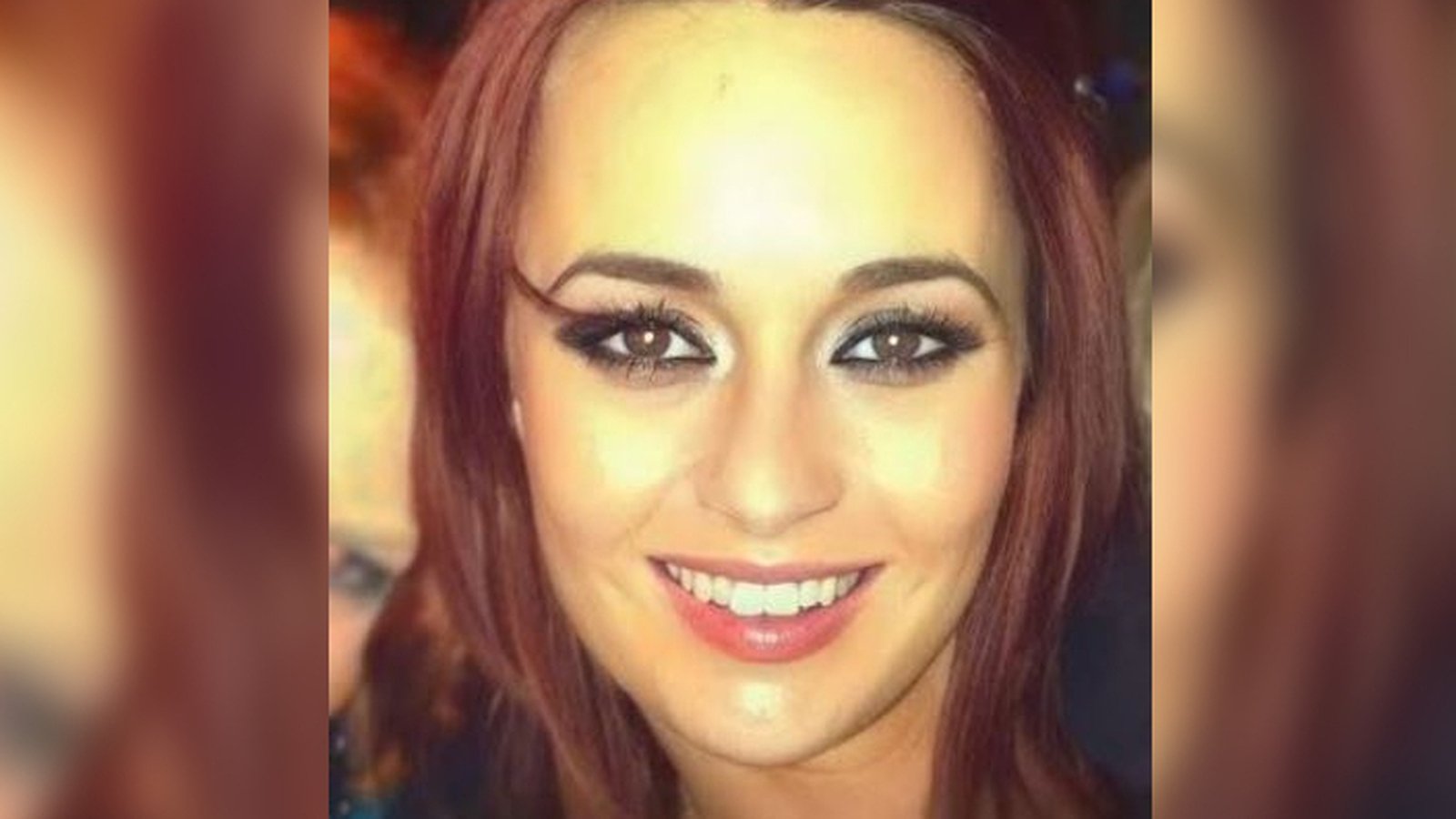Irish surgeon in Gaza reunited with family in Dublin
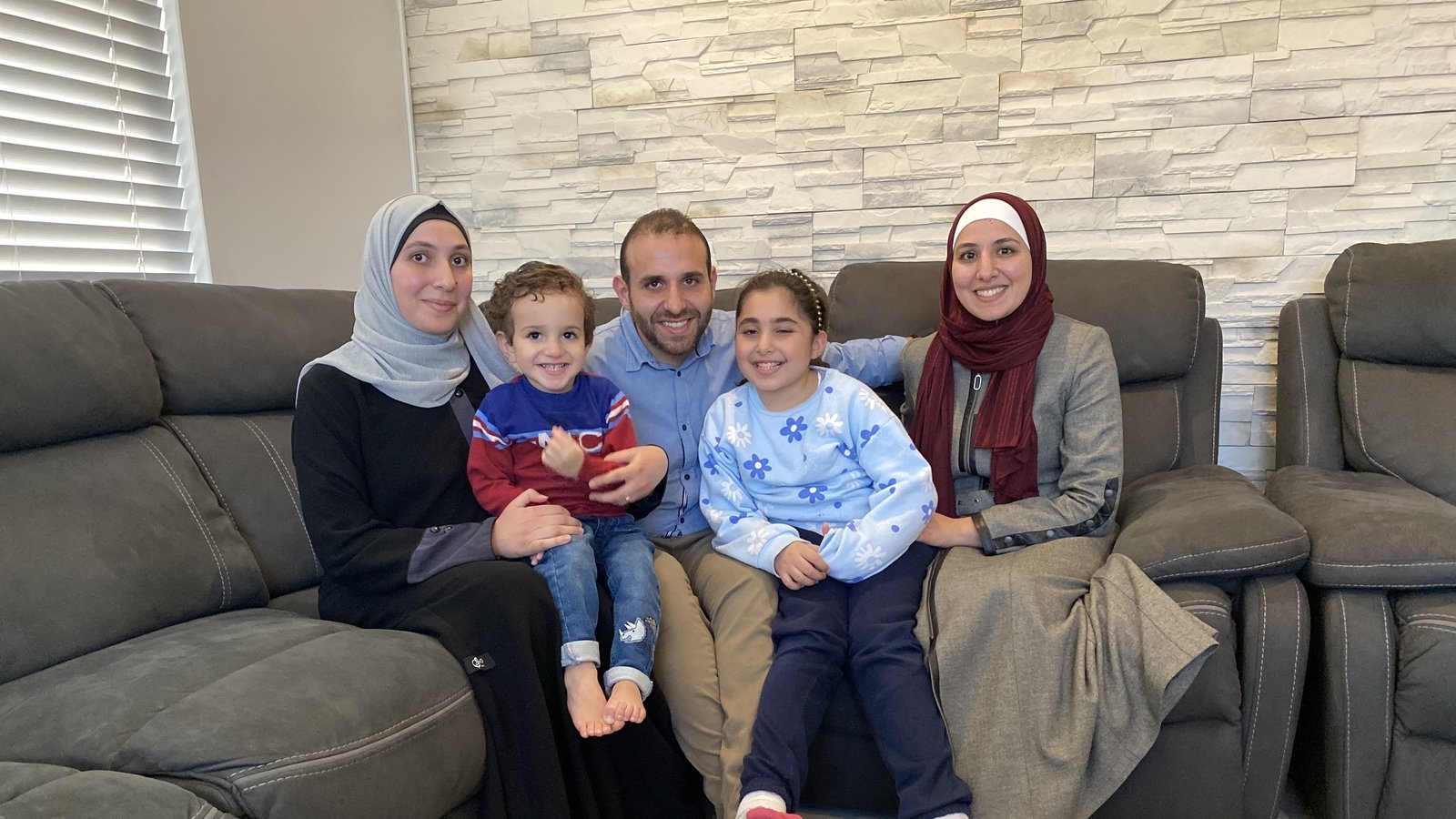
Eight-year-old Sahar El Mokhallalati knows the destruction of war. Like many Gazan children she witnessed the horror it brings firsthand.
Bombing, death, collapsed buildings, dusty escapes, food shortages, family separation, forced displacement from her own country.
Sahar, a young child, has lived through all this in a few short months of her eight-year-old life. Sahar is determined to give her view on the war.
She sits comfortably on a grey couch in her aunt’s sitting room in the Dublin area. Gaza was her home before the war. Today, Ireland is.
Sahar says she feels safe in Ireland – where she and her siblings are Irish citizens.
Her reflections on Gaza are powerful.
Put simply, in the words of a child, she says “everybody needs to stay in their houses” – it’s too dangerous outside – and that Israel wants to “break” what it sees.
That’s the view of a child who has seen buildings collapse and crumble under bombing.
It’s the view of a child who escaped Gaza with her mother, sister and brother last November leaving her father Dr Ahmed El Mokhallalati behind for five months.
We need your consent to load this rte-player contentWe use rte-player to manage extra content that can set cookies on your device and collect data about your activity. Please review their details and accept them to load the content.Manage Preferences
The medic was the chief plastic surgeon at the Al Shifa Hospital in Gaza City before it was stormed by the Israeli military in November and before he moved to the Gaza European Hospital in southern Gaza to treat thousands of patients.
While Dr Mokhallalati remained at Al Shifa, Sahar, her mother Nour and seven-year-old sister Sama and two-and-a-half-year-old brother Mofeed stayed with in-laws close by.
When that home was bombed it was time to leave.
Their in-laws’ home was collapsed by shelling. Their 80-year-old grandfather, and other members of the family, escaped from underneath the rubble using ladders to get from higher stories to ground level.
Nour – Sahar’s mother – travelled alone for two days with the three children from the north to Rafah where they successfully crossed into Egypt before coming to Ireland.
Death enters conversation early with Sahar. Asked how she felt leaving Gaza to travel to Ireland she says it “feels great” she is “somewhere safe”. But she emphasises, she was afraid too.
She says she was afraid her father would die because he remained working with badly injured and maimed civilians in the Al Shifa and Gaza European Hospital.
“I was afraid that my Dad is going to die, but then he didn’t die,” Sahar says.
Dr Ahmed El Mokhallalati didn’t die. He arrived home to Ireland with a hand injury over a week ago and was greeted by his family at Dublin Airport.
“The whole family, like all of us, we were waiting,” explains Sahar’s aunt, and Dr El Mokhallalati’s sister, Miriam.
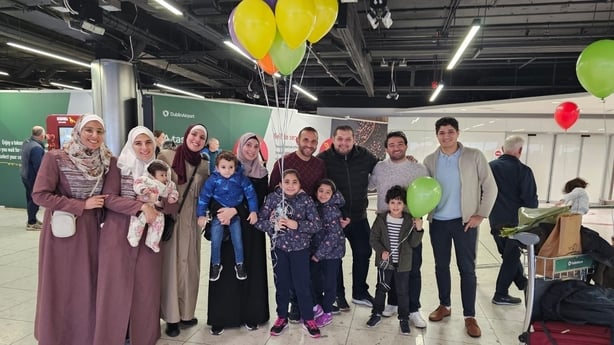
Miriam, whose house the interview for my Morning Ireland radio piece is taking place, is showing me photos on her phone of his homecoming at Dublin Airport.
The family stands relieved in arrivals holding colourful balloons.
“Most of us were crying,” says Miriam.
“His other daughter who is not here, she didn’t believe us that he is alive. She kept asking us. Are you lying? Is he still alive?” adds Miriam.
Sahar was delighted to see her Dad for the first time in five months when he stepped in to arrivals.
“It made me feel excited, and I also love him so much, but I love him more when he comes to see me.
“We were so excited and we said, ‘Daddy, we missed you’. We were waiting for him,” says Sahar.
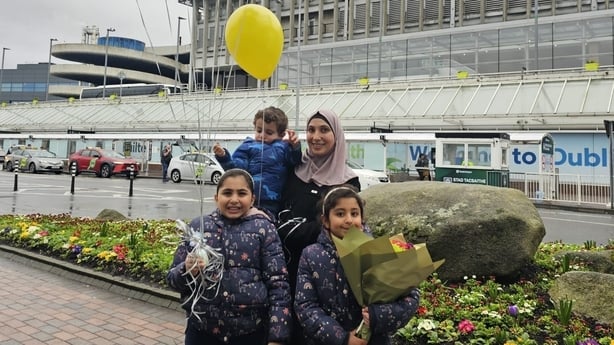
Her father is clear about the impact of the war. It’s been brutal for children – many killed, injured and left without families.
Children are so impacted by the war that medical teams in Gaza have come up with a new acronym: WCNSF – wounded child, no surviving family.
Children’s lives have been changed forever – either by witnessing the war or being pushed out of their homes to places with little security, water, food or permanent shelter.
Sahar is one of those many children whose lives have changed because of the war in Gaza.
Others, who Dr Ahmed El Mokhallalati has helped firsthand, have lost their families and suffered horrific life-changing injuries.
Dr El Mokhallalati has worked on these children – removing limbs, saving their lives.
“At least half of the patients were kids. When you are a parent, when you have kids, you can see your children in each of these patients, and it was really hard.
“There were girls with same skin colour of my daughters. The same eye lashes. The same age as them. You would see these children and think these might be my kids.
“You try to behave like a doctor, professionally, at that point. Then on the other hand, you are a human being, you are a person, and you can’t hold yourself and start crying out of your control,” says Dr El Mokhallalati.
Asked about scale of destruction, the scale of displacement of people within Gaza, he says he is surprised the “world is watching”.
“Everyone is watching. What is happening is a war against kids … against everything in Gaza, everything was partially or fully destroyed,” says Dr El Mokhallalati turning the conversation to the destruction of the Al-Shifa hospital by Israeli forces.
“Before leaving the hospital, the Israeli forces destroyed the electricity control room fully, they destroyed the water control room, the two oxygen stations, the generator and all the telecommunication part of the hospital. So, they made everything to the hospital, not to function at all.”
After Israeli military stormed the hospital in November it claimed it found tunnels there.
Dr Ahmed El Mokhallalati said he was shown what was claimed to be a tunnel but it was separate to the hospital.
“I was there in the hospital. They called us to show us one single tunnel in the corner of the hospital – totally separated from the hospital – and we couldn’t see more than a few metres. Nothing else had been shown to the people,” he says.
He adds, that in his opinion, there was no evidence of Hamas military infrastructure or Hamas fighters in or around that hospital.
“The hospital was totally civilian people. The Israeli troops were walking comfortably in the hospital. They used it as a command centre for themselves because they knew that was the most safe, the safest place in Gaza.
“The officers … were unable to show me or the Director of the hospital, who is arrested now, any evidence of these things,” he says.
He added, Israel has destroyed everything from healthcare to education in Gaza.
“They want to leave Gaza without health care facilities, no health system. I think it’s like a soft evacuation or displacement of the people. By leaving them with no education, no health system, no hospitals, nothing,” he adds.
Speaking about the potential further displacement of civilians from Rafah if Israel attacks the city, he predicted it would be a “disaster”.
The city is congested with people living under plastic tents without proper access to food, water and sanitation.
“The people are living in a totally difficult situation. There are diseases, widespread infections – we have seen hepatitis again. Chicken pox is coming back, so too are skin diseases and upper respiratory tract infections are coming to the hospital very frequently all the time.
“It’s a totally inhuman situation for the people and at the European Hospital we have 25,000 civilians sheltering within the hospital.
“These people live in the corridors. They live in tents. These people can’t manage to get personal hygiene. They can hardly manage to get food arranged,” he adds.
There are supply issues in the hospital itself, he says.
It has “run out of external fixators” – which is the device used to fix fractured bones and keep them stabilised and aligned.
“We have run out of most of the dressing materials. Anesthesia medication – we have to give patients sub optimal anesthesia medications and treatment because we don’t have the medications needed.
“The analgesia itself is a big challenge. When I injured my thumb, I found nothing except for paracetamol, panadol. There is nothing else in Gaza,” says Dr Ahmed El Mokhallalati.
Dr Ahmed El Mokhallalati, an Irish citizen, is home in Ireland for a month. He will leave again soon for Gaza.
“By mid-March, I’m planning to go back,” he says.
His daughter Sahar and his sister Miriam support this.
“If he goes back to Gaza again. He will come back,” says Sahar.
“We are very proud of him,” says Miriam.
“It’s maybe not the best situation. His wife is pregnant. His kids always are asking for him. But when you think like, how many lives he saves, you feel that his return is a must. He’s a doctor and this is his duty,” adds Miriam.
Dr El Mokhallalati and nor his wife Nour are expecting their fourth child in May.
They both hope that they can be reunited for the birth.

